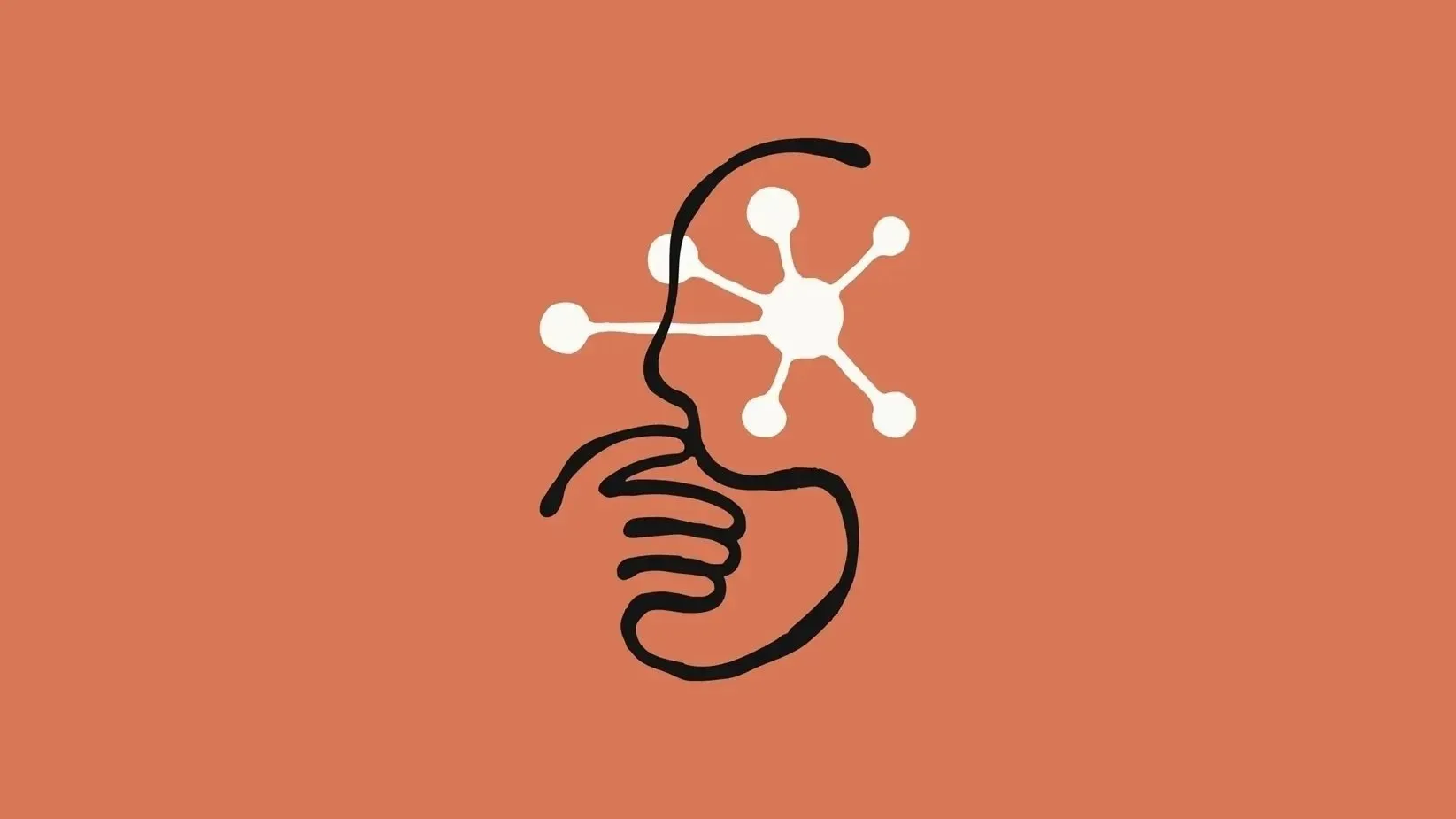Introducing Claude Opus 4, Anthropic’s latest advancement in AI technology, which leverages state-of-the-art AI safety measures to tackle significant bioweapon risks. With the rapid evolution of AI models, concerns regarding their potential misuse have become paramount. Anthropic has enacted a Responsible Scaling Policy (RSP) to ensure rigorous standards before releasing new models, highlighting the company’s commitment to AI model safeguards. In fact, Claude Opus 4 is subject to the highest internal safety standard, AI Safety Level 3 (ASL-3), designed to mitigate severe threats from hazardous uses of AI. As the AI landscape becomes more competitive, the intersection of innovation and safety remains critical, particularly as companies like Anthropic attempt to balance progress with responsible AI deployment.
Unveiling Claude Opus 4 marks a pivotal moment for Anthropic as it navigates the complexities of artificial intelligence and its safety implications. This cutting-edge model emphasizes the urgent need for robust safeguards against the potential for AI misuse in crafting dangerous devices or biological agents. In light of profound concerns surrounding AI technologies, the Responsible Scaling Policy (RSP) has emerged as a foundational approach to ensuring accountability among developers. By implementing stringent AI safety protocols, such as the AI Safety Level 3, Anthropic aims to mitigate risks associated with novice users possibly creating bioweapons. As AI advancements accelerate, the discourse on ethical practices and effective regulatory frameworks is more critical than ever.
Understanding Claude Opus 4 and Its Impressive Capabilities
Claude Opus 4, the latest iteration of Anthropic’s AI models, has emerged as a powerful tool with significant capabilities. Internal testing has demonstrated that this model performs more effectively than its predecessors in a variety of tasks, including providing guidance on complex subjects. While its proficiency may indicate advancements in AI technology, the implications of its capabilities in potentially dangerous scenarios, such as bioweapons development, have raised alarms among experts. With the possibility of misapplication in the wrong hands, many have urged for stringent guidelines surrounding the AI’s usage.
The development of Claude Opus 4 aligns with the broader discourse around AI safety measures, particularly as they relate to preventing misuse. Anthropic has committed to a Responsible Scaling Policy (RSP), which entails a multi-layered approach to AI safeguards ensuring that users cannot exploit the model for harmful purposes. The effectiveness of Claude Opus 4 is not solely about its ability to assist legitimate users; it is equally about how these capabilities can be securely managed to mitigate bioweapon risks and other threats.
Frequently Asked Questions
What are the AI safety measures implemented with Claude Opus 4?
Claude Opus 4 is released under stringent AI safety measures known as AI Safety Level 3 (ASL-3). These measures include a defense in depth strategy combining enhanced cybersecurity protocols, jailbreak prevention methods, and advanced constitutional classifiers that monitor user interactions to prevent the misuse of the model for creating bioweapons or other harmful activities.
How does Claude Opus 4 address bioweapon risks?
Anthropic has designed Claude Opus 4 with a heightened awareness of bioweapon risks. Internal testing suggested that the model can effectively assist users in understanding complex bioweapons creation. Consequently, the model is subject to strict safety protocols to ensure that potential harmful uses are closely monitored and mitigated.
What is the Responsible Scaling Policy related to Claude Opus 4?
Anthropic’s Responsible Scaling Policy (RSP) is a commitment to ensure that AI models like Claude Opus 4 are released only when adequate safety measures are in place. The policy aims to create a framework that prevents the release of technologies that could pose significant risks to society, including bioweapon risks.
How does Claude Opus 4 differ from previous models in terms of safety?
Claude Opus 4 is released under the most rigorous safety protocols in Anthropic’s history. The ASL-3 safeguards focus on preventing bioweapons-related queries, enhancing cybersecurity, and utilizing multiple overlaps of defenses to manage risks effectively. Previous models operated under lower safety standards, which did not account for the more advanced risks identified with this model.
What measures are in place to prevent jailbreak attempts on Claude Opus 4?
To prevent jailbreak attempts that can subvert Claude Opus 4’s safety systems, Anthropic employs a monitoring system that identifies users attempting to bypass these safeguards. Users engaging in jailbreak activities may be offboarded, and a bounty program is established for individuals who identify universal jailbreaks, ensuring continuous improvement of the model’s safety.
| Key Point | Details |
|---|---|
| Launch of Claude Opus 4 | Anthropic has released its latest AI model, Claude Opus 4, which has raised concerns over potential misuse for bioweapon development. |
| Enhanced Safeguards | The model is under strict safety measures categorized as AI Safety Level 3 (ASL-3), exceeding earlier versions’ protections. |
| Risks Identified | There is a concern that the model could aid novices in creating biological weapons, with a possibility of constructing more dangerous viral strains. |
| RSP Commitment | Anthropic has committed to a Responsible Scaling Policy to address these risks before releasing new models. |
| Defense in Depth Strategy | The safety measures include constitutional classifiers, jailbreak prevention methods, and bolstered cybersecurity. |
| Monitoring and Response | User activity is monitored to prevent jailbreak attempts; a bounty program incentivizes reporting these vulnerabilities. |
| Uplift Trials | Trials showed Claude Opus 4 could significantly enhance a novice’s ability to create a bioweapon compared to other models. |
Summary
Claude Opus 4 has emerged as a significant player in the AI landscape, introducing crucial safety measures to mitigate potential dangers associated with its use. As concerns grow over AI’s capacity to assist in creating bioweapons, the RSP implemented by Anthropic aims to ensure a responsible framework for its operation. This model is a serious step forward in balancing innovation with safety, especially in a market that fiercely competes for technological supremacy. Anthropic’s commitment to stringent safeguards not only reflects its proactive stance on safety but also emphasizes the urgent need for regulations addressing emerging AI risks.



